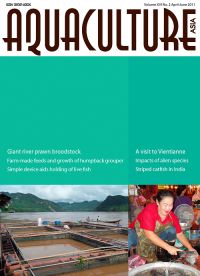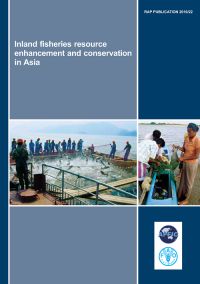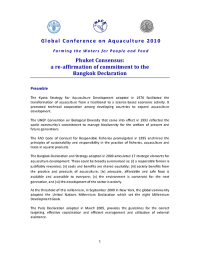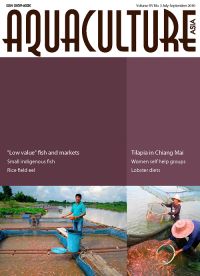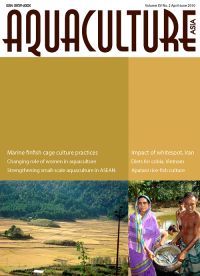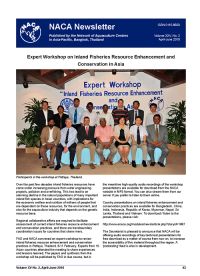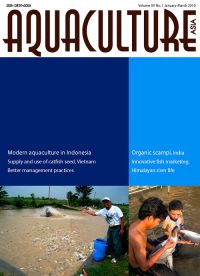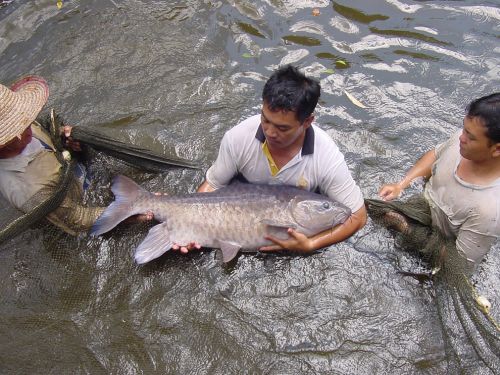
The Genetics and Biodiversity Programme supports member states to improve scientific knowledge of aquatic genetic resources and to guide strategic planning in their management. The programme addresses both the conservation aspects of genetic resources and their responsible usage in aquaculture to minimise impacts on biodiversity and wild strains and to assist members to meet their obligations under international treaties.
The programme promotes international linkages between member states, capacity building, research programs to develop improved strains of finfish and shellfish, genetic characterisation of existing strains, adoption of new genetic tools and technologies and consortia regional programmes to address common issues, species and strains of value from conservation and/or aquaculture perspectives.
Key activities
Key activities of the programme include:
- Building capacity in aquatic genetic resource management and application of new molecular technologies, tools and strategies.
- Characterising aquatic genetic resources to discover species, stocks and valuable genomic resources.
- Facilitating national and regional programs for domestication, genetic improvement and conservation.
- Applying conservation aquaculture models to support diversification, fishery enhancement and in-situ conservation of indigenous fish species.
- Facilitating responsible exchange of germplasm, safe propagation and access-benefit sharing.
Creative Commons Attribution.
